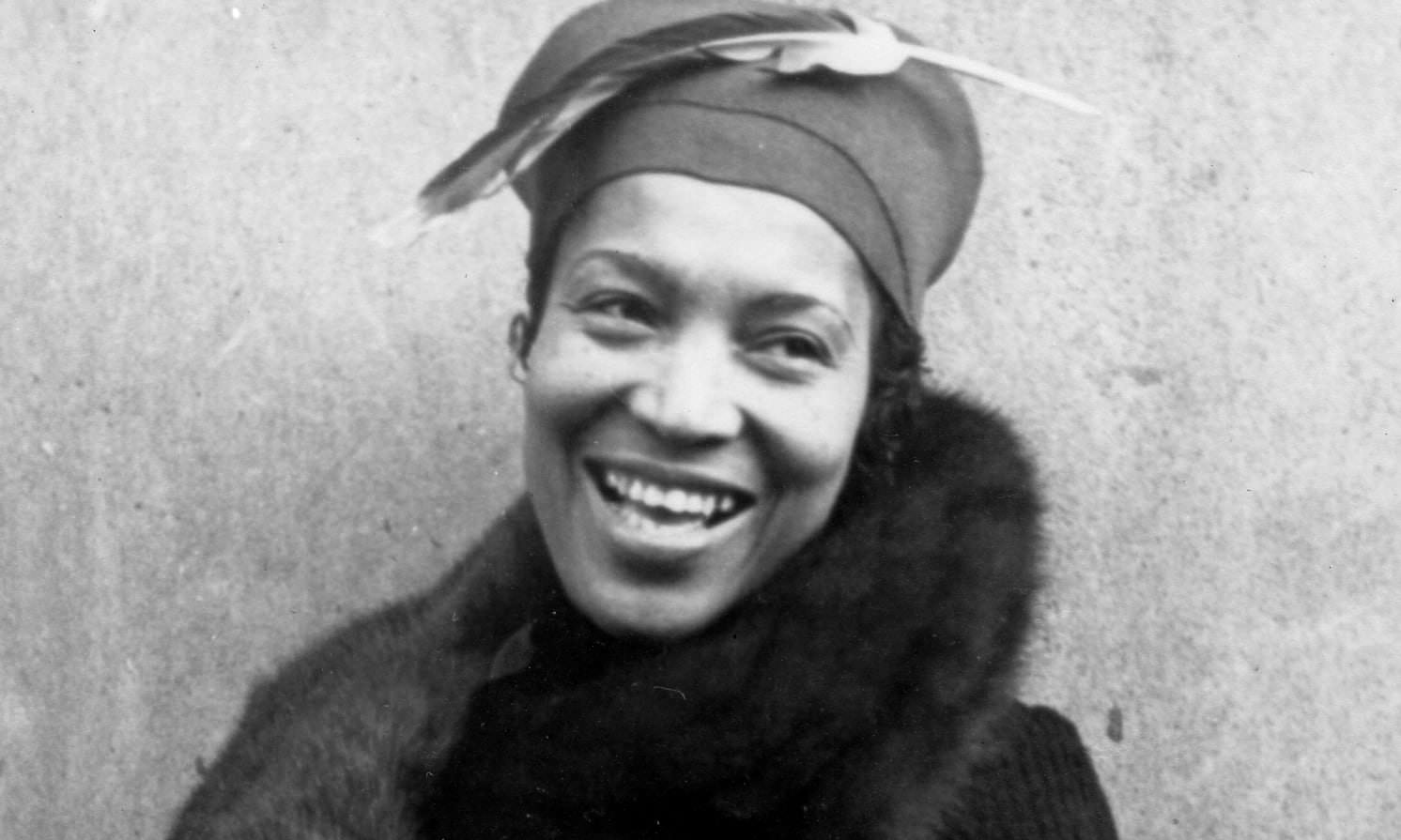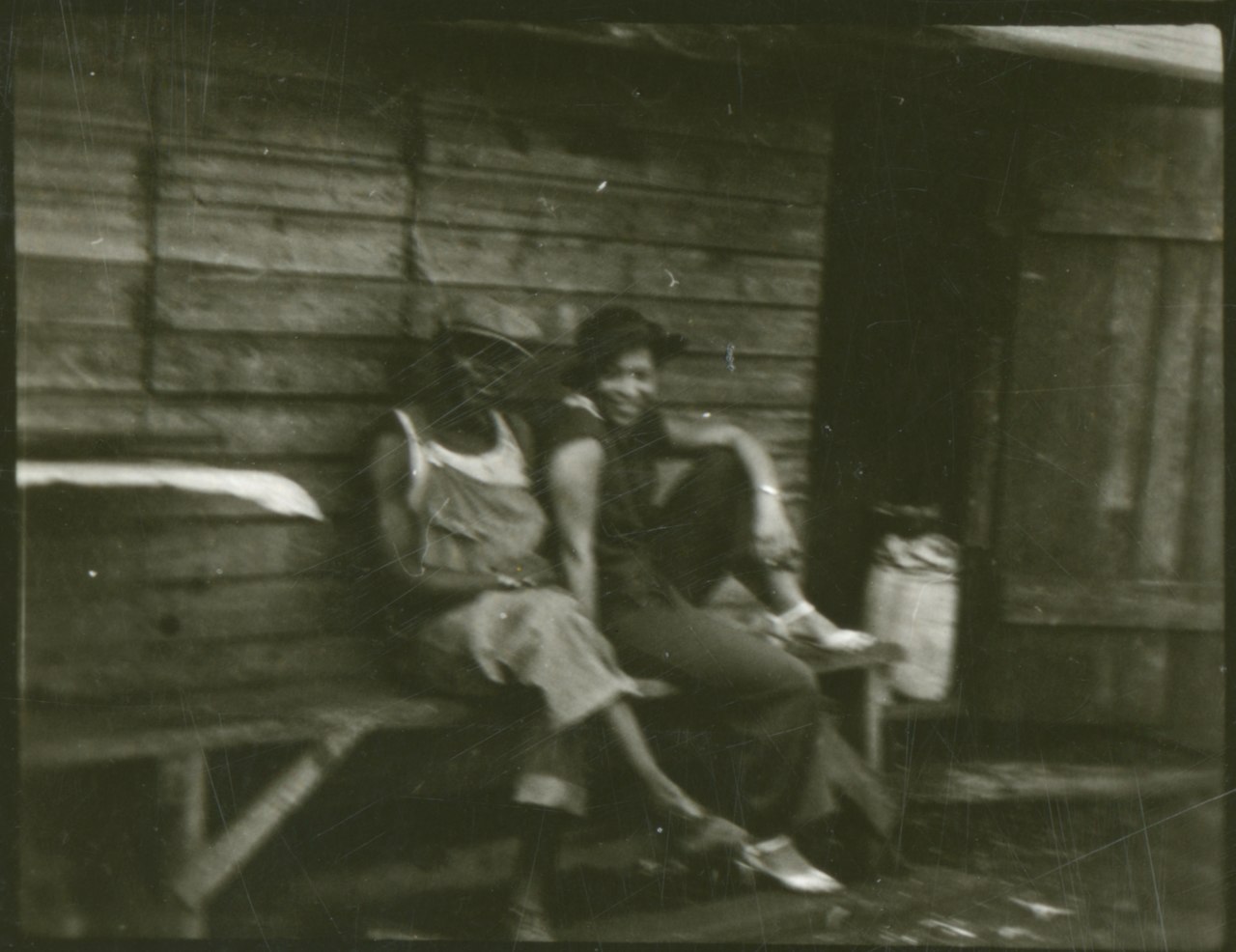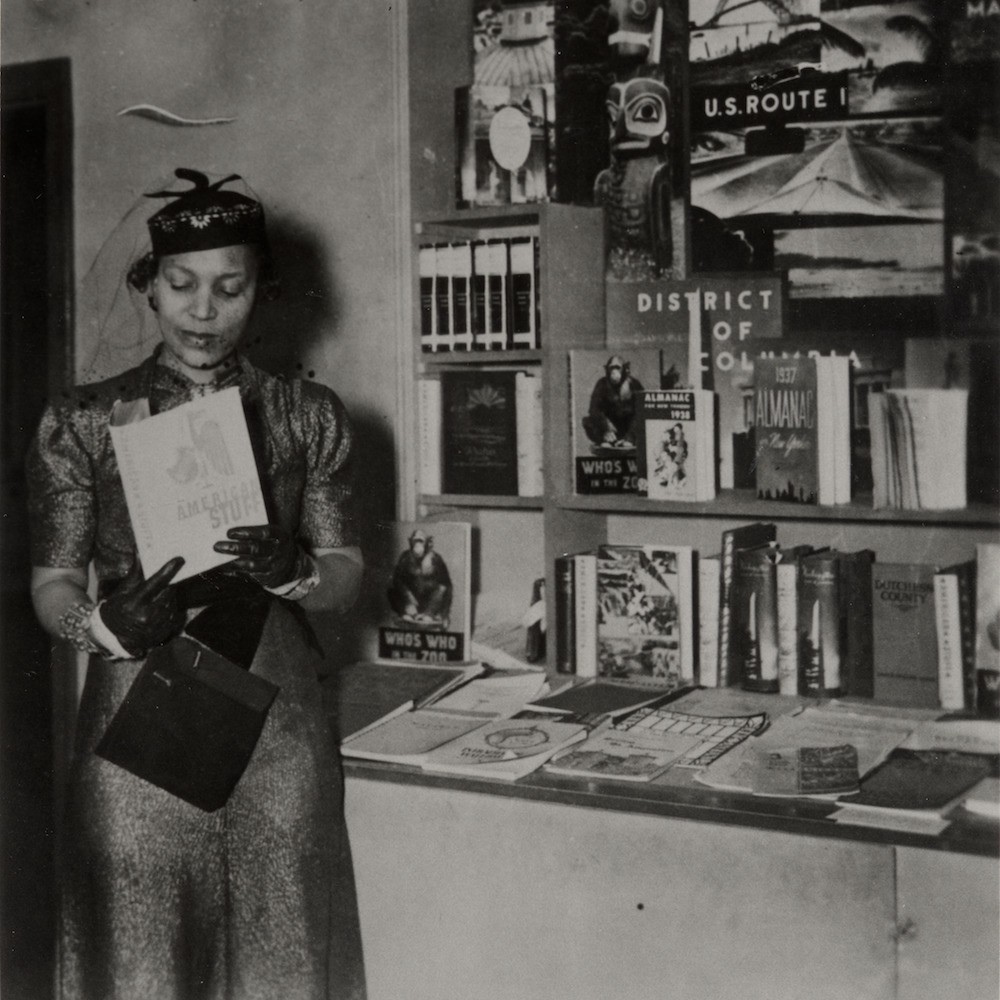
A selection of essays meet challenging topics head on such as segregation whilst footnotes by the editors often lament the author’s conservatism.
In the current political milieu, black conservatives are something of a quandary. We don’t know what to do with them. They simply don’t fit into our dialectic. But before Clarence Thomas and Thomas Sowell there was Zora Neale Hurston (1891-1960). Hurston is best known today for her 1937 novel Their Eyes Were Watching God, a classic of African American literature. Her fiction, however, constitutes only one aspect of a vast body of work that includes studies in anthropology and folklore, cultural critique, political punditry, and journalism.
Professor of African American Studies Lauren Michele Jackson wrote for the New Yorker that discussing Hurston’s political beliefs feels akin to “airing out family business” in public. With sentences like this, it is not difficult to see why: “When his baby cuts a new tooth he brags as shamelessly as anyone else without once weeping over the prospect of some Klansman knocking it out when and if the child ever gets grown. The Negro artist knows all this but he conceives that a Negro can do nothing but weave something in his particular art form about the Race problem.”

Nor was she immune from controversy during her lifetime. Her cultural writings, along with her fiction, were criticised by contemporary African American literary giants Richard Wright and Ralph Ellison who accused her of ‘minstrelsy’ and pandering to racist stereotypes. Combine with this her unabashed conservatism and strong libertarian tendencies and the resulting mixture is not quite palatable to modern sentiments. By the time of her death in 1960 the Civil Rights Movement was gaining establishment approval, Hurston had fallen out of favour. She died in relative poverty in a state ran-welfare home, with much of her work was out of print. Her papers were ordered to be burned and she was buried in an unmarked grave in her home state of Florida.

You Don’t Know us Negroes and Other Essays is part of ongoing efforts to revive Hurston’s neglected works. The collection brings together 50 essays and articles that reveal for the first time in over half a century her idiosyncratic personal philosophy, seven of which have never before been published. Organised thematically, the pieces span her entire career, with the earliest written just one year after her first known published work in 1922 and the final piece written two years before her death. African American folklore and art are covered, as well as race, gender and politics. The collection concludes with Hurston’s reportage of the trial of Ruby McCollum, a wealthy black woman tried in Florida for the murder of her powerful of her powerful white lover in 1952.

Hurston in Florida with an unidentified man on an anthropological research trip, 1935
Although associated with the Harlem Renaissance, her interests are rooted firmly in the South, her homeland. (She had some less than flattering terms for the African American creatives associated with the movement and their white patrons.) A defence of Southern politics and culture from Northern encroachment is woven throughout these essays. There is no form of cultural expression that is too low-brow for Hurston to expound – cookery, idiom, folk tales, home decoration, sermons and music are all covered. Lack of restraint is inherent to African American cultural expression and is compared favourably against the primness of white culture: “God only knows what the world has suffered from the white damsels who try to sing blues.”
As her career progressed her focus turned towards politics. This is where the difficulties begin for the modern reader. Hurston critiques Reconstruction, desegregation and other political projects from intellectual traditions which fell out of favour towards the middle of the twentieth century. However, the editors refuse to contextualise Hurston’s arguments. In one instance, the footnotes are used to directly contradict the central thesis of the essay.

Hurston visiting a bookshop – the African American’s politics have become problematic for many who wish to separate her writing from her worldview
When discussing the Reconstruction Period in “I Saw Negro Votes Peddled,” “Hurston was unwittingly repeating the spurious charges of historians of the Dunning School at Columbia, who saw Reconstruction as a dark period in the history of American democracy, rather than the interracial revolution that it was. Hurston clearly had not read W.E.B. Du Bois’s seminal rebuttal to the Dunning School, Black Reconstruction: An Essay Toward a History of the Part Which Black Folk Played in the Attempt to Reconstruct Democracy in America, 1860-1880 (1935).” This is quite a claim to make about a woman whose life work was the study of African American history and culture. Hurston’s familiarity with Du Bois’s career is displayed in numerous essays and she was not impressed.
Efforts to sanitize African American experience for political gain is one of Hurston’s chief preoccupations. “It is assumed by most outsiders that we were the very first commodity to be wrapped in cellophane.” In their unwillingness to engage with her most controversial positions, packaging them to be more palatable to today’s readers, the editors are guilty of what was, to Hurston, condescension. The effect is to clip her wings and prevents her work from being truly understood on its own terms.
Zora Neale Hurston, Henry Louis Gates Jr and Genevieve West (editors), You Don’t Know Us Negroes and Other Essays, HQ, 2022, £20

